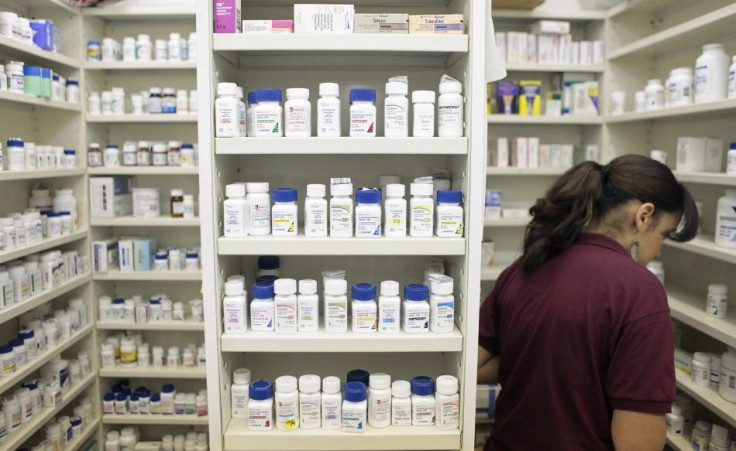EU Approves Roche’s Avastin for Ovarian Cancer

The European Commission has approved the use of Avastin, a drug manufactured by the Swiss-based health care company, Roche. Avastin is used to treat women in advanced stages of ovarian cancer.
The illness is regarded as one of the most fatal of the group of gynecological cancers, with annual death rates as high as 140,000 across the world, as per reports from the company.
It is hoped that the approval of this drug will give patients more options to treat the condition, apart from limited surgical and chemotherapy-based alternatives.
Today's approval of Avastin marks the first major treatment advance in newly diagnosed ovarian cancer in 15 years, stated Hal Barron M.D., Chief Medical Officer (CMO) and Head, Global Product Development, Roche.
This is the fifth tumor type for which Avastin has been approved in Europe, making it one of few biologic drugs indicated for multiple cancers, he further mentioned.
Avastin has demonstrated in two Phase III studies that women with newly diagnosed advanced ovarian cancer, who were treated, initially, with both Avastin and chemotherapy before receiving the former alone, lived significantly longer without the disease getting worse (progression-free survival), compared to those who received chemotherapy only.
Incidentally, the European approval comes after the controversial revocation of the drug by the U.S.'s Food and Drug Administration (FDA), who maintained the drug exposed patients to dangerous side effects like high blood pressure and hemorrhaging.
© Copyright IBTimes 2025. All rights reserved.





















